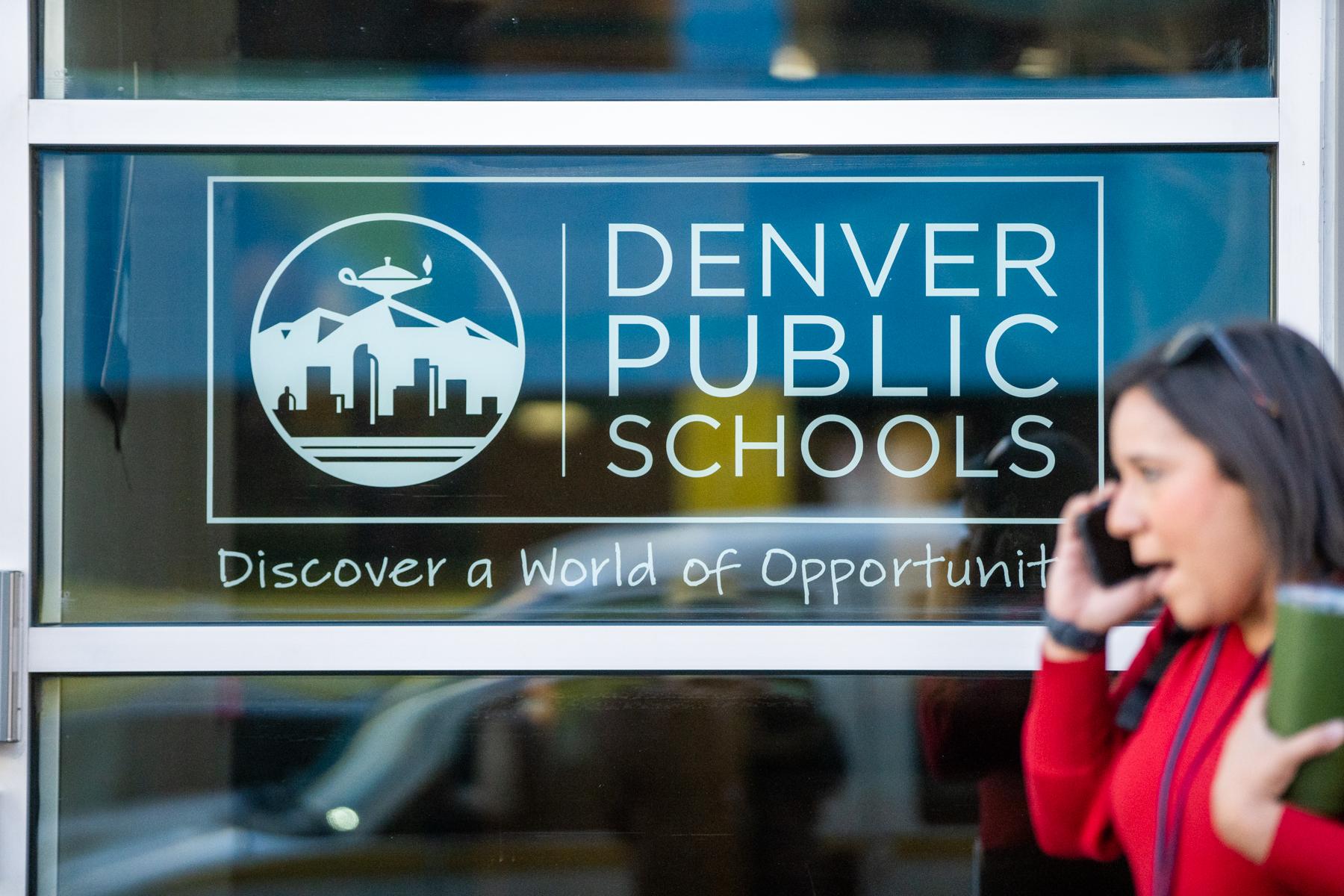By Melanie Asmar /Chalkbeat
Amid ongoing court cases about public officials’ use of social media, the Denver school board is considering a policy about when board members can and cannot delete comments or block people from commenting on their posts.
The proposed policy says Denver school board members who want to discuss Denver Public Schools business on social media should do so on an official account — that is, an account that is “maintained or operated … in their official capacity” — rather than on a personal account.
“School District Board Members may not speak as a representative of the School District in the course of their personal use of social media,” the proposed policy says.
Board members cannot block anyone from posting comments on their official social media pages based upon the viewpoint that the person expressed, nor can they delete anyone’s comments for the same reason, the proposal says.
However, board members can disable commenting altogether or delete comments that are not protected by the First Amendment, including “threats, obscenity, and defamation,” it says.
The proposal comes as the U.S. Supreme Court is considering a pair of related cases, including one involving school board members in California who blocked parents from their Twitter and Facebook accounts. It also comes on the heels of a first-of-its-kind state law passed last year that allows Colorado elected officials to ban people from their personal social media accounts.
A DPS parent sued former school board member Auon’tai Anderson in September in a test of that new state law after he blocked the parent on Facebook. Anderson, a prolific social media user, served a four-year term on the board from 2019 to 2023 but did not run for re-election this past November.
Current board members didn’t quibble with the gist of the policy during a discussion Thursday.
Derigan Silver, chair of the Department of Media, Film and Journalism Studies at the University of Denver, said in an interview that the Denver board is smart to address this issue.
He summarized the proposed policy like this: “This is like saying, ‘We are going to give you a government cell phone, and you can have a personal cell phone if you want to, but do not do government business on your personal cell phone.’”
The policy also makes clear that board members can’t ban people from their official accounts for criticizing them, he said: “You have to take your slings and arrows as a government official.”
During Thursday’s meeting, board members made some edits to the proposal, cutting phrases they felt were unnecessary. Some asked school district attorney Aaron Thompson clarifying questions, including whether posting about DPS business on their private social media accounts would convert the accounts to official — Thompson said yes — and whether members would still be able to express opinions on social media — again, Thompson said yes.
“The main concern is not about what you’re saying, but what you limit others to say,” Thompson said.
The board is set to vote on the policy later this month.













